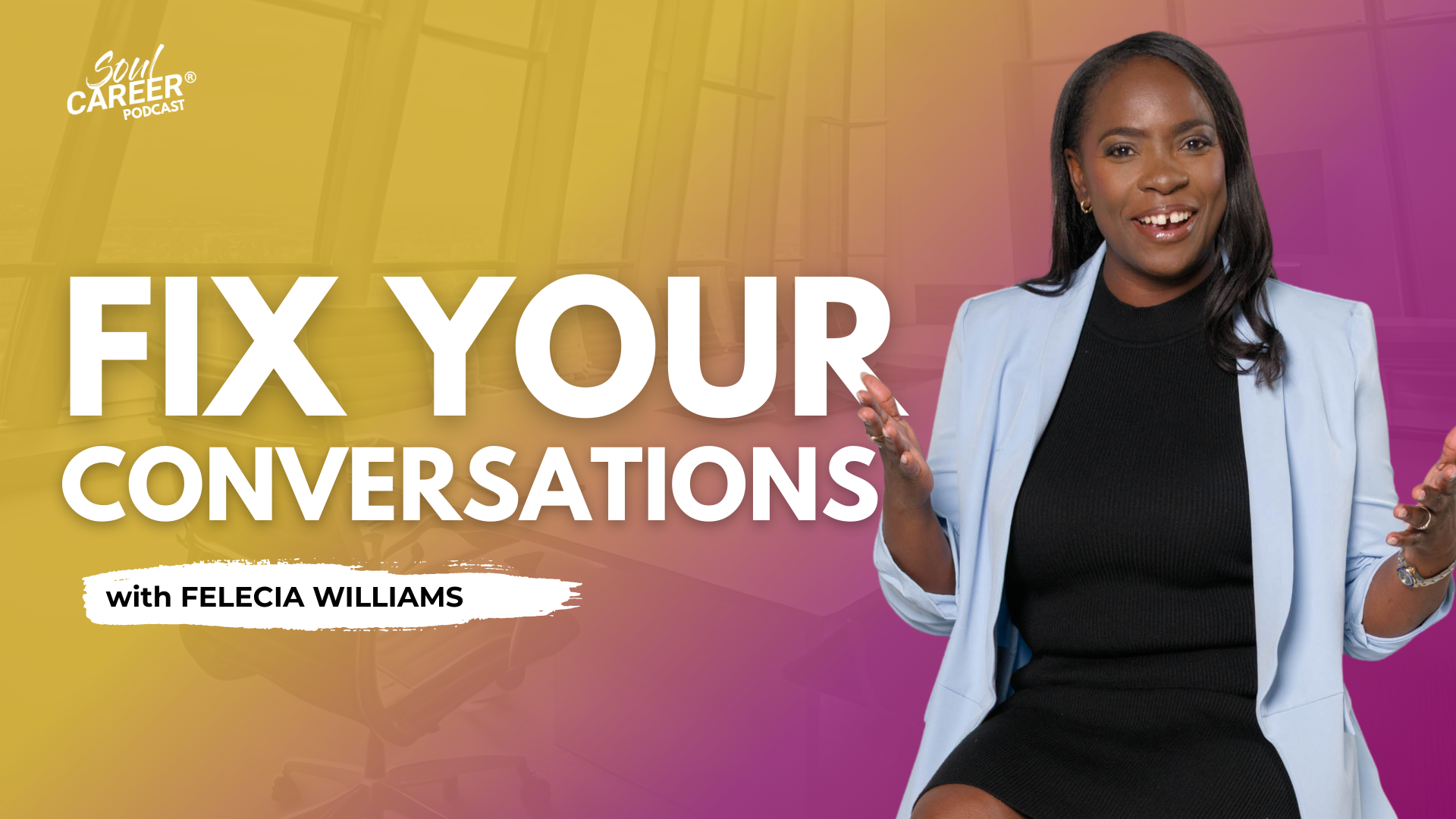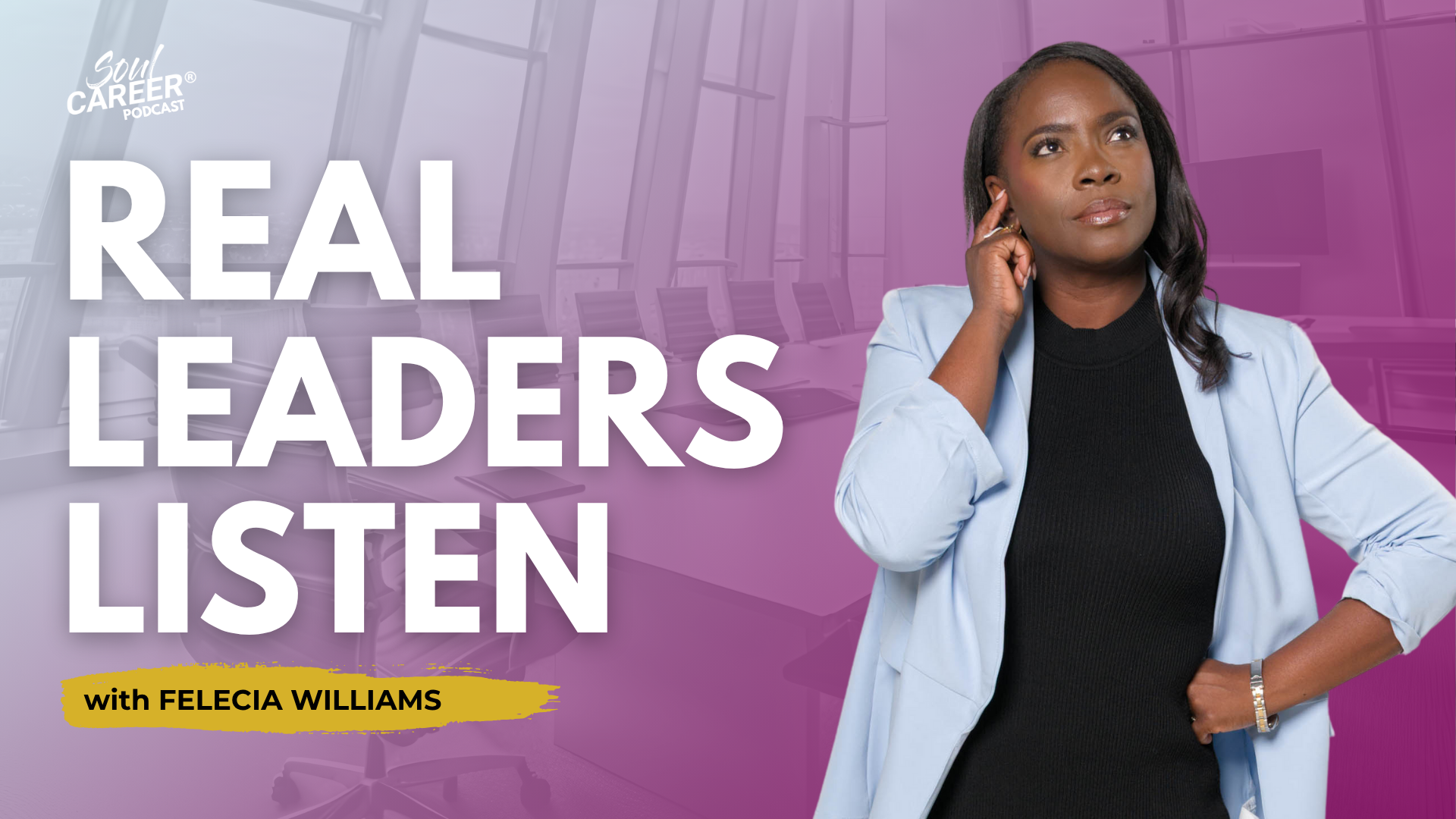One Year as a Full-Time Entrepreneur
In April 2021 I commemorated one year as a full-time entrepreneur!
.jpg)
In April 2021 I commemorated one year as a full-time entrepreneur!
To celebrate, I want to reflect on my journey and share the lessons I’ve learned along the way.
Why entrepreneurship?
In June 2019, at 35 years old, I left my job as CEO of the Richard Branson Center of Entrepreneurship to pursue my entrepreneurial journey. There were three reasons behind this decision. First, I wanted to explore my capacity to generate income outside of the corporate shield. Second, I view myself as a citizen of the world. And I wanted a career that would enable me to move wherever I wanted. Finally, I wanted to have unlimited earning potential.
What was my relationship to risk? And why was I willing to make this leap?
I used to have a high tolerance for risk, especially as it relates to my career. For example, I moved back to Jamaica after getting my MBA from Harvard Business School instead of getting a high paying corporate job. However, after a while, taking those risks did not come so easy to me. I had gotten used to my lifestyle and wanted to avoid financial ruin. As a result, although I already had a business idea, and had the experience of running the Branson Centre, my decision to become an entrepreneur was very anxiety-inducing. I dealt with this anxiety by formulating a clear plan to survive the first few brutal years of entrepreneurship. I also decided to create a financial buffer for myself by raising capital.
My experience raising capital
In my opinion, there is a fundamental difference between investors in the Caribbean and investors in the United States. Investors in the United States operate from an expectation of abundance. On the other hand, Jamaican or Caribbean investors operate with an expectation of scarcity. There seems to be an undercurrent of fear that what little we have will be taken away from us. This means that investors usually want to give entrepreneurs the shortest time possible to prove their ideas.
This expectation of scarcity made it very difficult to raise money. In fact, I declined a few opportunities because they didn’t fit with the kind of investor-entrepreneur relationship that I wanted. In the end, three men invested in Soul Career. One of my investors was a former Soul Career client. The second was a friend I met at my first job after graduating from The University of Chicago. And the third was another entrepreneur that asked me to chair his board. I found that women with money were more willing to connect me with their network than put money into my business. I will always appreciate the faith that my investors had in me throughout my journey. They always believed in the potential of Soul Career, even during the COVID-19 pandemic.
Lessons and tips for budding entrepreneurs
Here are a few lessons I would like to share with you. First, entrepreneurship is an emotional journey, not a logical one. I prepared myself for the financial realities of entrepreneurship. However, I hadn’t prepared myself for the assault of emotions that come from running your own business. No amount of training can prepare you for the roller coaster ride of success and financial hardship. The presence of COVID-19 and lockdowns only added to this sense of uncertainty. In the end, I had to learn how to cultivate certainty, while the world seemed to be in the midst of chaos.
Second, all entrepreneurs need to learn how to sell. With no sales, there is no business. I spent all of 2020 learning how to sell directly to my consumers. I had to figure out who my customers were, what they cared about, where I could find them, how I could encourage them to part with their hard-earned money and how to keep customers who had already purchased something from me within the company. These are questions that all entrepreneurs have to ask themselves if they want to be successful in business. I spent over $10,000 with a consulting firm learning how to sell, and setting up a sales ecosystem for the Soul Career. Given the importance of sales to the survival of a business, I believe that this was money well-spent
Third, is the importance of being flexible. I realized that I am better at B2B sales rather than B2C. My investors and I came to a joint decision to pivot from solely relying on the business to consumer side (B2C) to the business to business side (B2B). These pivots led to breakthroughs at Soul Career. I signed my first major corporate partner in April 2021. I also signed with a New York-based job search engine that same month. And partnered with my largest client for workforce development, we are developing a leadership program for emerging leaders throughout Europe, Latin America and the Caribbean.
After a year of hard work, the business was finally profitable. I got to pay off company credit cards and pay down reserves. It’s a different feeling when you start making money. And I want to encourage entrepreneurs who are struggling right now to persist because things will improve.
What to do when things go right
The first thing I did once the business became profitable was rest. It’s so important to rest as entrepreneurs and not run ourselves into the ground. This is especially important for me as I tend to suffer from chronic burnout. So after a brutal first year, I had to celebrate, rest and ensure that I exceed my clients’ expectations.
What the future holds for me and for Soul Career
I want to continue building and serving my community by putting out content that is worthwhile and meets their needs. There are also some physical products that I would like to put out into the world as I seek to build my soul career tribe.
That’s all for today’s post. I encourage you to check out the full episode of my Soul Career podcast episode – Ep024 One Year as a Full-Time Entrepreneur, where I share some additional tips for anyone considering entrepreneurship. Until next time
Onward!

.png)

